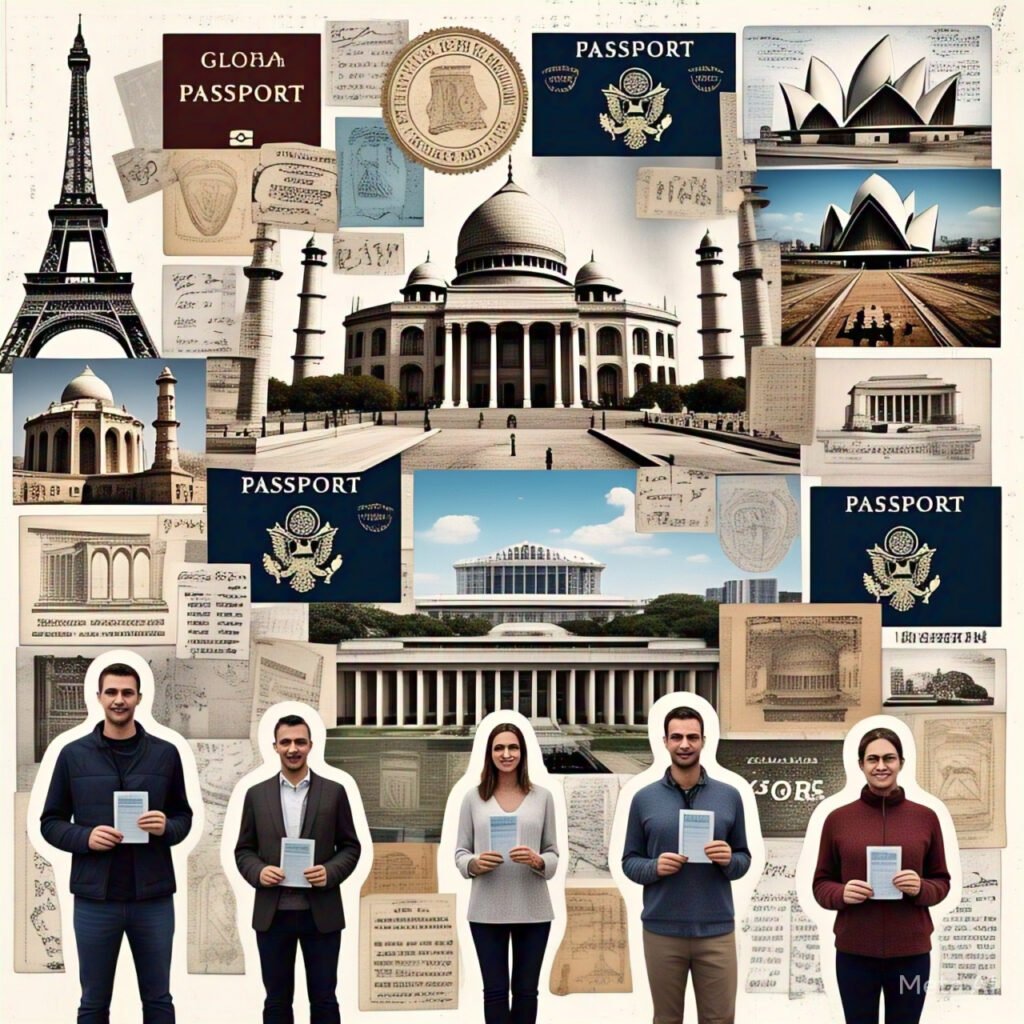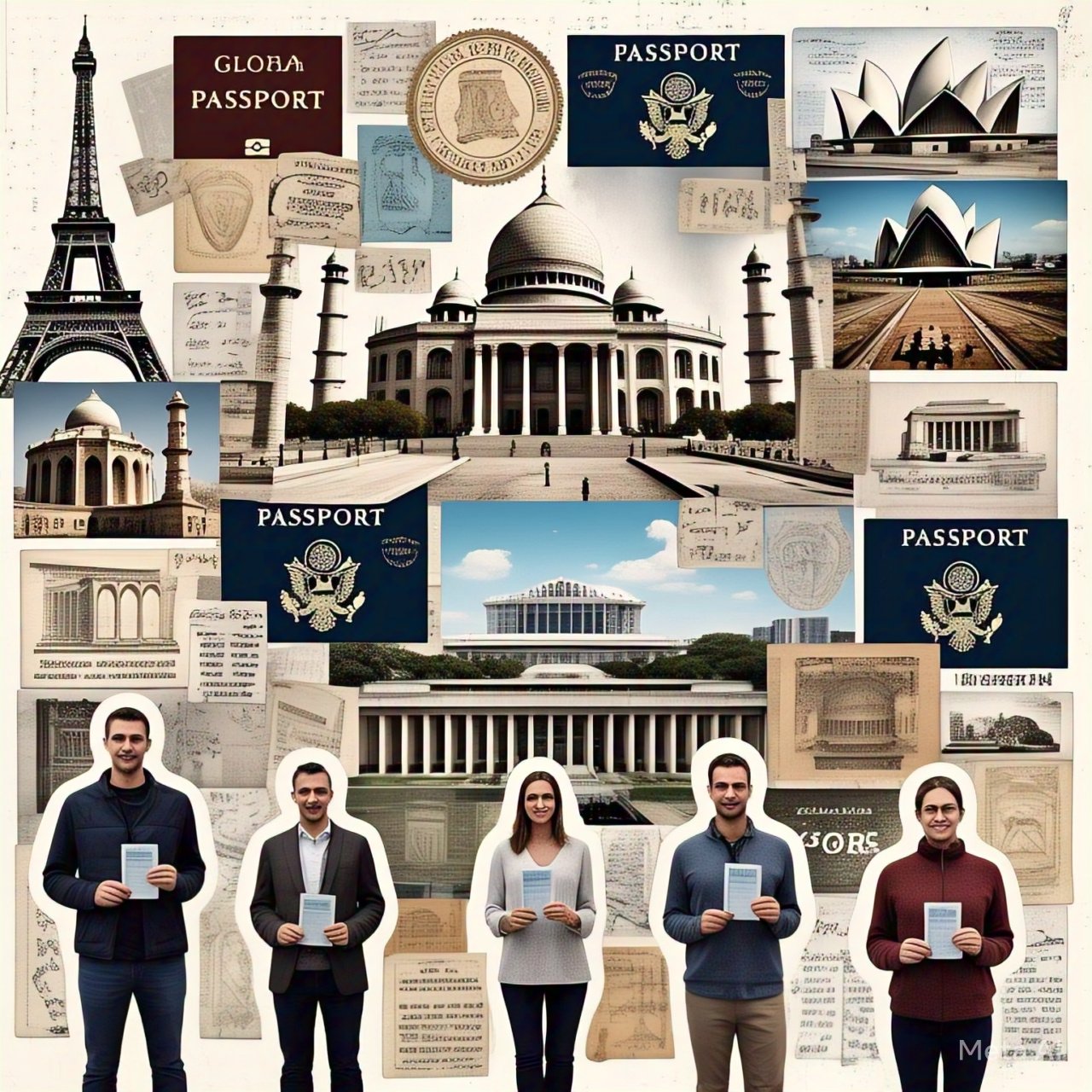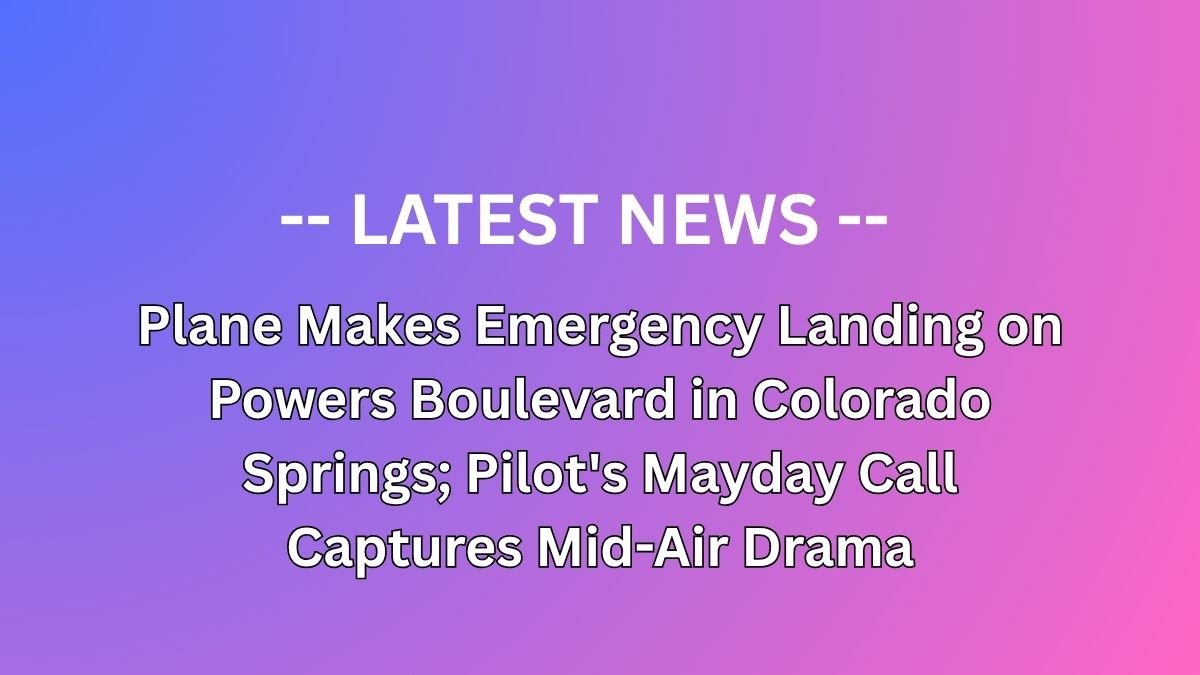In 2025, global immigration policies are undergoing significant shifts that affect visa rules, eligibility criteria, and processing procedures. These changes—driven by political, economic, and security considerations—are reshaping visa landscapes in major immigration destinations like the United States, United Kingdom, Australia, Canada, and beyond. Whether you are a skilled worker, student, family-based applicant, or traveler, understanding these reforms is crucial for navigating the complex, ever-evolving world of immigration.

Table of Contents
Key Factors Influencing Visa Policies in 2025
Political and Economic Shifts
Recent changes in leadership and geopolitical tensions have prompted governments to reassess their immigration frameworks. In many countries, increased nationalism and heightened security concerns are leading to stricter visa regulations. Economic challenges—such as labor market shortages in some sectors and overcapacity in others—are also influencing visa quotas and eligibility criteria.
National Security Considerations
Enhanced scrutiny, stricter vetting processes, and even travel bans have been implemented to safeguard national security. For example, the United States has introduced policies aimed at expediting removals of individuals deemed a security risk, while the UK has refined its criteria for citizenship applications.
Labor Market Demands and Skill Shortages
Visa policies in 2025 are increasingly being tailored to match domestic workforce needs. Countries are now more selectively granting work visas, particularly in high-demand sectors like technology, healthcare, and engineering. Adjustments in work visa categories—such as the H-1B and its variants in the U.S.—reflect these evolving priorities.
International Relations and Trade Agreements
Diplomatic relations and evolving trade agreements continue to play a pivotal role. The United Kingdom’s adjustments to its EU Settlement Scheme automation and Australia’s strategic agreements with neighboring nations demonstrate how international cooperation and disputes can reshape visa policies.
Recent Changes in Immigration Laws (2025)
United States
- Executive Order 14159:
Signed on January 20, 2025, this order reinforces stricter immigration enforcement measures, including expanded expedited removals and tighter scrutiny on family-based and work visa applications. These measures are aimed at enhancing national security while addressing labor market needs.
Learn more on USCIS.gov - H-1B and H-2B Visa Reforms:
The U.S. has introduced new rules to streamline the H-1B approval process and increase accountability in the H-2B program, ensuring that U.S. employers can better fill roles in critical sectors. These changes include revised forms and updated adjudication timelines effective January 17, 2025.
United Kingdom
- Citizenship Refusals for Dangerous Journeys:
As of February 2025, new guidelines by the UK Home Office have resulted in the refusal of citizenship applications for refugees who have undertaken “dangerous journeys” to the country. This policy, intended to deter irregular entry, may affect up to 71,000 applicants.
Read The Guardian’s detailed report - EU Settlement Scheme Automation:
The UK government has initiated an automatic transition for EU nationals from pre-settled to settled status, a process that began in January 2025 to simplify legal residency requirements post-Brexit.
Australia
- Resettlement Agreement with Nauru:
In February 2025, Australia finalized an agreement with Nauru to resettle certain foreign detainees, particularly violent offenders, as part of its broader immigration enforcement strategy.
Explore details on The Australian - Investor Visa Reforms:
Proposed changes to the Investor Visa (commonly known as the “Golden Ticket Visa”) aim to balance attracting high net worth individuals with ensuring that visa policies do not undermine domestic housing affordability and labor market integrity.
Impact on Different Visa Categories
Work Visas
- H-1B and H-1B1 Visas (US):
The recent executive orders have tightened eligibility criteria for work visas. Employers must now adhere to more rigorous documentation standards and higher fees may be introduced to cover increased administrative costs. - Skilled Worker Visas (UK & Australia):
These countries are revising work visa categories to prioritize applicants who fill critical skill shortages. For example, the UK is emphasizing compliance and sponsor responsibilities, while Australia is balancing temporary work permits with pathways to permanent residency.
Student Visas
- F-1 Visas (US):
A decline in study visa applications has been noted in recent years due to stricter rules regarding dependents and enrollment requirements. Institutions are adapting by increasing outreach and support services. - Tier 4 and Other Study Visas (UK & Australia):
These countries are adjusting rules to ensure that international students contribute to the domestic workforce post-graduation, with some policies favoring graduates in high-demand sectors.
Family-Based Visas
- Family Reunification:
Changes in immigration laws have led to delays in processing family-based applications in some countries. The U.S. Executive Order 14159, for instance, has implications for family-sponsored visas by increasing scrutiny on sponsorships and financial guarantees. - UK and Canadian Family Visas:
These nations are revisiting their family visa processes to strike a balance between border security and humanitarian obligations.
Hurdles: Challenges and Pain Points
- Increased Compliance Requirements:
With new legal standards in place, both applicants and sponsors face the challenge of ensuring complete and accurate documentation. Failure to comply can result in higher denial rates or prolonged processing times. - Higher Fees and Processing Delays:
Recent reforms have led to increased administrative costs and longer processing times. Applicants should budget accordingly and prepare for potential delays. - Legal Complexities:
Constantly evolving regulations mean that even minor errors can result in significant legal consequences. Seeking legal advice is becoming more critical than ever. - Uncertainty for Employers and Applicants:
The changing policies have created an environment of uncertainty, especially for employers who rely on timely visa approvals for staffing and for international students worried about their post-graduation opportunities.
Guide: Navigating Immigration Law Changes in 2025
- Stay Informed:
Regularly check official government websites such as USCIS, UKVI, and Department of Home Affairs (Australia) for the latest updates. - Consult an Immigration Attorney:
Given the legal complexities, professional legal guidance is invaluable. Consider scheduling a consultation with immigration law experts through platforms like AM Global. - Prepare Thorough Documentation:
Ensure that all required documents are complete, up-to-date, and accurately reflect your eligibility. This includes financial records, sponsorship letters, academic transcripts, and employment contracts. - Plan Ahead:
Account for longer processing times by initiating your visa application process well in advance of travel or employment start dates. - Utilize Reliable Resources:
Bookmark trusted sources and news outlets for real-time updates. Many professional services now offer subscription-based alerts and personalized assistance.
Tips & Tricks for Securing Your Visa Amidst Policy Changes
- Diversify Your Visa Options:
Explore alternative visa pathways if your primary option becomes too restrictive. This may include applying for work visas through specialized programs or even student visas that allow for dual intent. - Enhance Your Profile:
Investing in additional qualifications or language certifications can boost your eligibility, particularly for work and student visas. - Maintain Consistent Communication:
Keep in regular contact with your sponsoring organization or educational institution to receive updates on policy changes and procedural modifications. - Leverage Professional Networks:
Networking with others in your industry or academic field can provide insider tips and referrals to trusted legal advisors.
Frequently Asked Questions (FAQs)
Q1: How do recent changes in immigration laws affect my visa application?
A: New policies may introduce stricter eligibility criteria, higher fees, and longer processing times. It’s essential to prepare comprehensive documentation and consult with an immigration expert.
Q2: Are there exemptions for highly skilled workers?
A: Yes, many countries have introduced provisions that favor skilled workers in critical sectors, such as technology and healthcare. However, the eligibility criteria have become more rigorous.
Q3: What should I do if my visa application is delayed or denied?
A: Review the reasons provided, correct any deficiencies, and consider seeking legal advice. Many professionals recommend reapplying with improved documentation.
Q4: How can employers adapt to the new immigration laws?
A: Employers should update their compliance protocols, invest in robust record-keeping, and seek legal counsel to navigate sponsorship obligations effectively.
Q5: Where can I get the most reliable updates on immigration policies?
A: Official government websites (such as USCIS, UKVI, and Australia’s Home Affairs) and reputable news outlets are your best sources for accurate information.
Conclusion
The landscape of immigration law is rapidly evolving in 2025, with significant implications for visa policies worldwide. Whether you are an individual applicant or an employer, understanding the key drivers behind these changes—from political and economic shifts to national security and labor market demands—is critical. By staying informed, preparing thoroughly, and leveraging professional guidance, you can navigate the challenges and seize the opportunities that these reforms present.
Disclaimer & Affiliate Disclosure
Disclaimer: The information provided in this article is for general informational purposes only and does not constitute legal advice. Immigration laws and policies are subject to change, and you should consult with an immigration attorney or professional advisor for advice on your specific circumstances.
Affiliate Disclosure: Some of the links in this article are affiliate links. We may earn a commission if you make a purchase or sign up for services through these links, at no additional cost to you.







